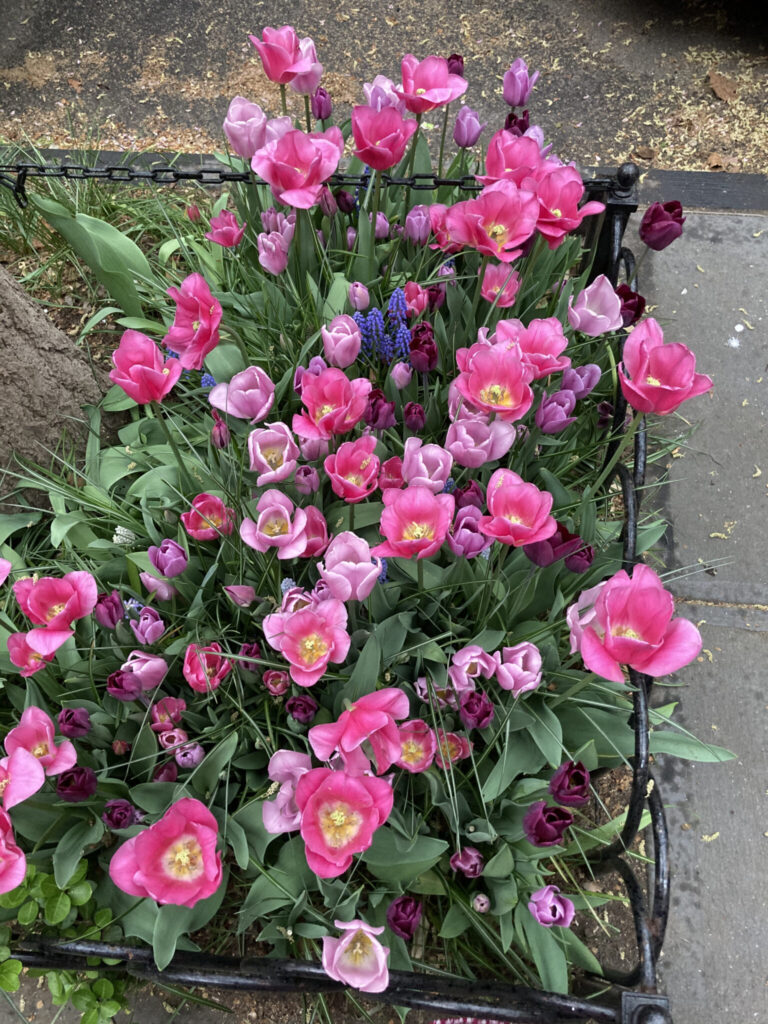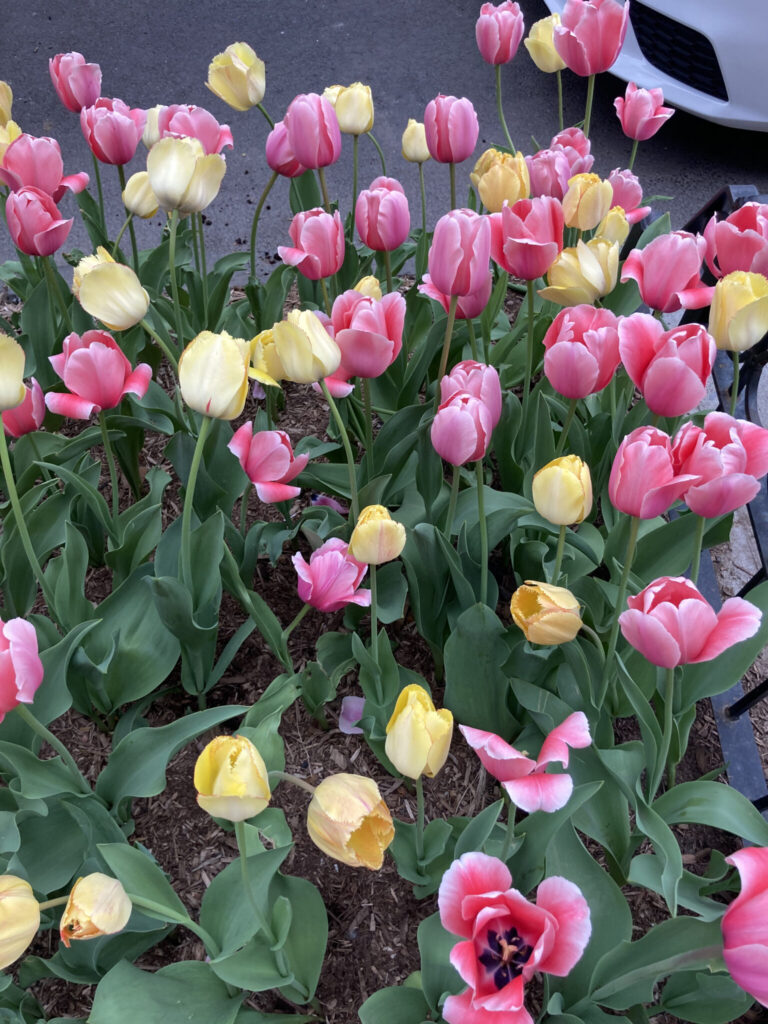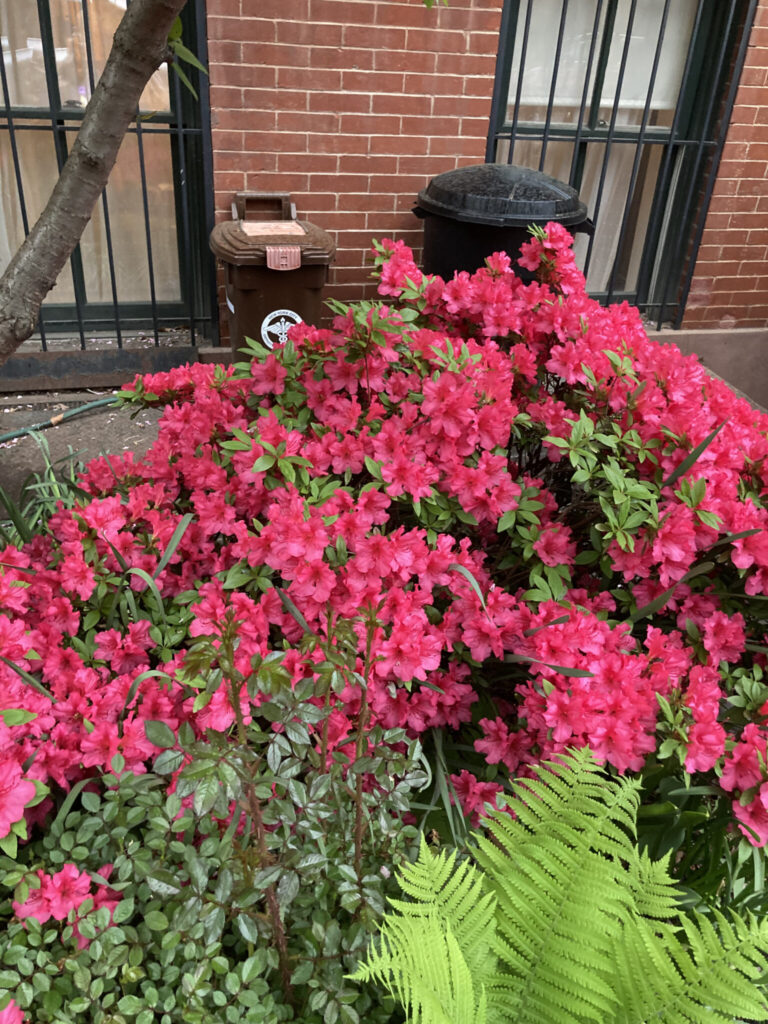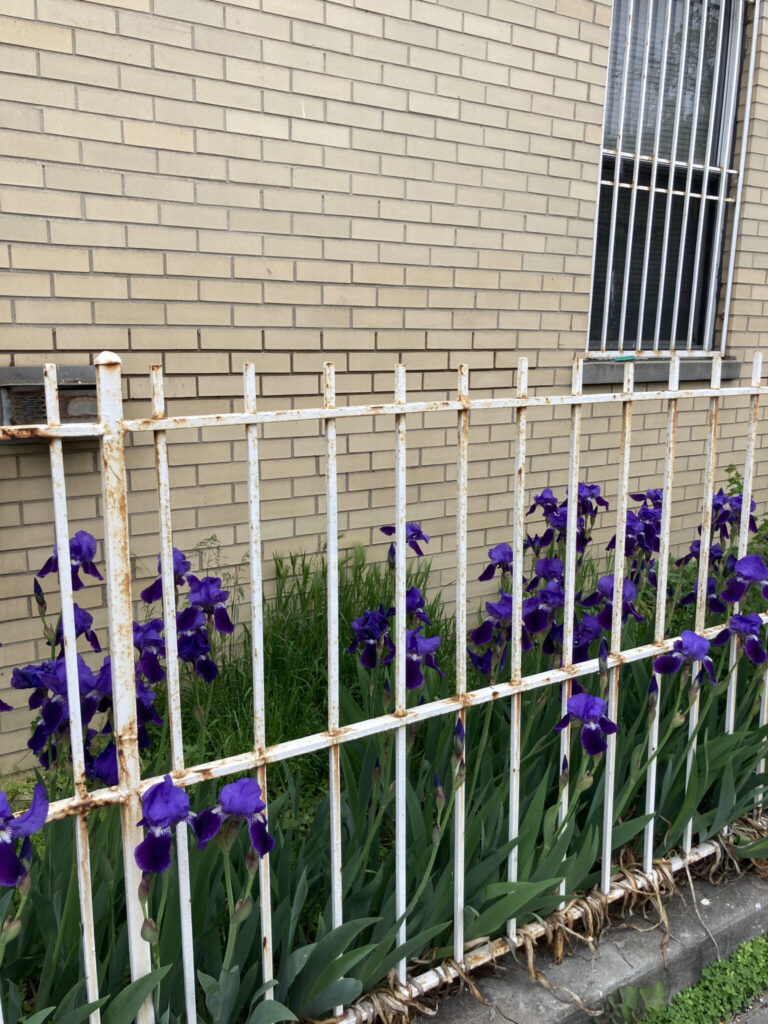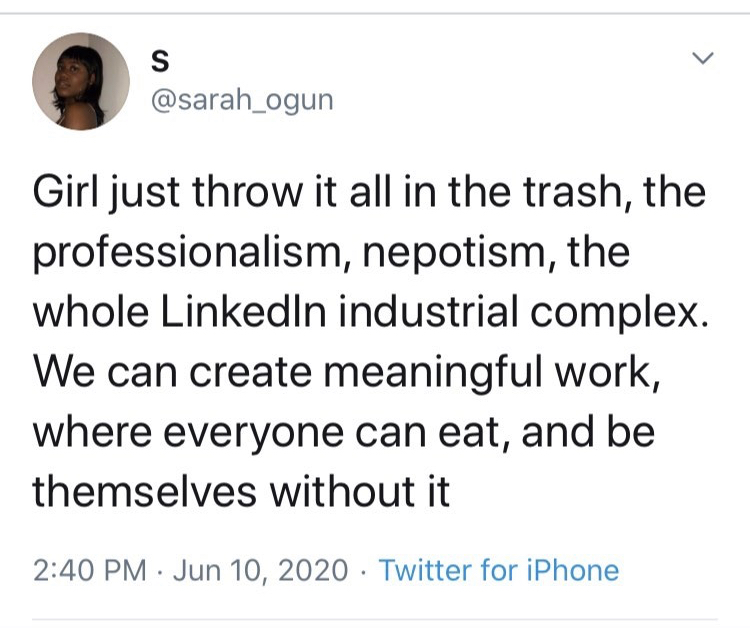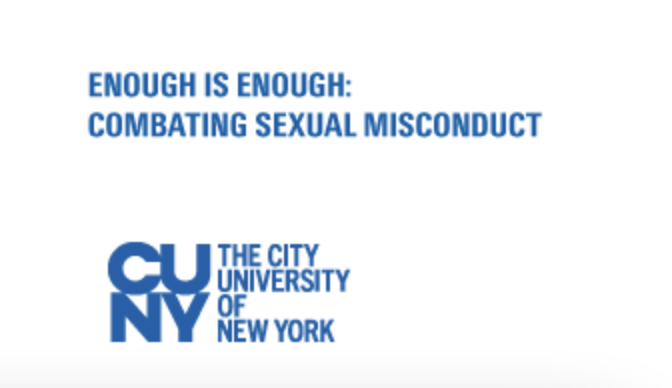I know a girl from college who thinks misery is a sign of great success. When I see here, which isn’t often, she brags about having to check her work email around the clock and the weekends– it’s a sort of misery brag as if to say, “wow you guys have moments of your life that doesn’t involve work?” Her implication: that’s pathetic!
While reading this week’s materials, I was sitting with my mom. She asked what I was reading. I told her it was a piece on radical self-care. I went on to describe the importance of self-care in academia– The Academy demands a lot of one’s self. When you’re producing ideas and writing about them, they become extensions of oneself, perhaps more than a project proposal or excel spreadsheet can. Literal products of your mind manifested into the world for consumption– this takes a toll.
But the reality is in our capitalistic world, it appears the concept of a life is haughtily contested and the idea of existing outside the sphere of productivity (of a particular kind) is castigated.
This semester we’ve been challenged to think about The Academy and an idea of schooling that entails doing “less.” I’ve felt seen because so much of my time as a MALS student thus far has been chaotic– doing this on top of work is a challenge (that I wanted and accepted), but I have purposefully introduced another standard of productivity into the part and time of my life that’s meant to be absent of the corporation’s grasp.
This semester has taught me how much I crave a fully cultivated life removed from my schooling and work mainly because it’s taught me the extent of the grip of capitalism on us all. On our last day of class, I’m choosing to take a stand that my desire isn’t underachieving. I shouldn’t let my peer’s misery bragging belittle me. My own time is a period where I tend to feel most fulfilled. That is good and valid and acknowledging that is a form of rebellion in itself. To quote Miguel, I can hold two truths at once: want to be an engaged citizen and leaner, and want to create meaning beyond expectations.

